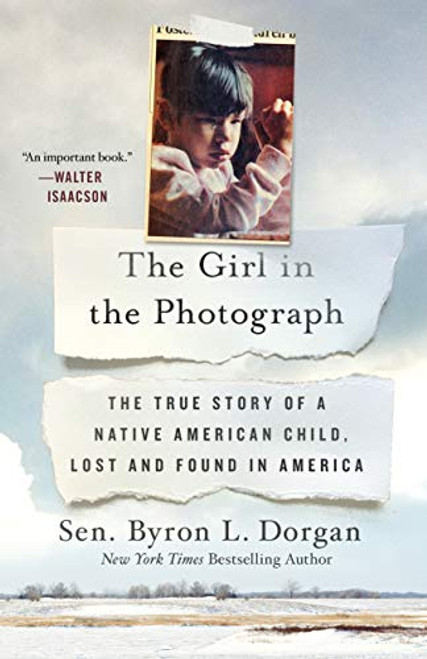That New England might invade Virginia is inconceivable today. But interstate rivalries and the possibility of intersectional war loomed large in the thinking of the Framers who convened in Philadelphia in 1787 to put on paper the ideas that would bind the federal union together.
At the end of the Constitutional Convention, Benjamin Franklin rejoiced that the document would astonish our enemies, who are waiting to hear with confidence . . . that our States are on the point of separation, only to meet hereafter for the purpose of cutting one another's throats. Usually dismissed as hyperbole, this and similar remarks by other Founders help us to understand the core concerns that shaped their conception of the Union. By reexamining the creation of the federal system of the United States from a perspective that yokes diplomacy with constitutionalism, Hendrickson's study, according to Karl Walling, introduces a new way to think about what is familiar to us.
This ground breaking book, then, takes a fresh look at the formative years of American constitutionalism and diplomacy. It tells the story of how thirteen colonies became independent states and found themselves grappling with the classic problems of international cooperation, and it explores the intellectual milieu within which that problem was considered. The founding generation, Hendrickson argues, developed a sophisticated science of international politics relevant both to the construction of their own union and to the foreign relations of the several states in the union of the empire. The centrality of this discourse, he contends, must severely qualify conventional depictions of early American political thought as simply liberal or republican.
Hendrickson also takes issue with conventional accounts of early American foreign policy as unilateralist or isolationist and insists that the founding generation belonged to and made distinguished contributions to the constitutional tradition in diplomacy, the antecedent of twentieth-century internationalism. He describes an American system of states riven by deep sectional animosities and powerful loyalties to colonies and states (often themselves described as nations ) and explains why in such a milieu the creation of a durable union often appeared to be a quixotic enterprise. The book culminates in a consideration of the making of the federal Constitution, here styled as a peace pact or experiment in international cooperation.
Peace Pact is an important book that promises to revolutionize our understanding of the era of revolution and constitution-making. Written in a lucid and accessible style, the book is an excellent introduction to the American founding and its larger significance in American and world history.
Peace Pact: The Lost World of the American Founding (American Political Thought)
Brand: University Press of Kansas
$30.37 - $36.75
- UPC:
- 9780700614936
- Maximum Purchase:
- 3 units
- Binding:
- Paperback
- Publication Date:
- 2003-04-29
- Author:
- David C. Hendrickson
- Language:
- english











